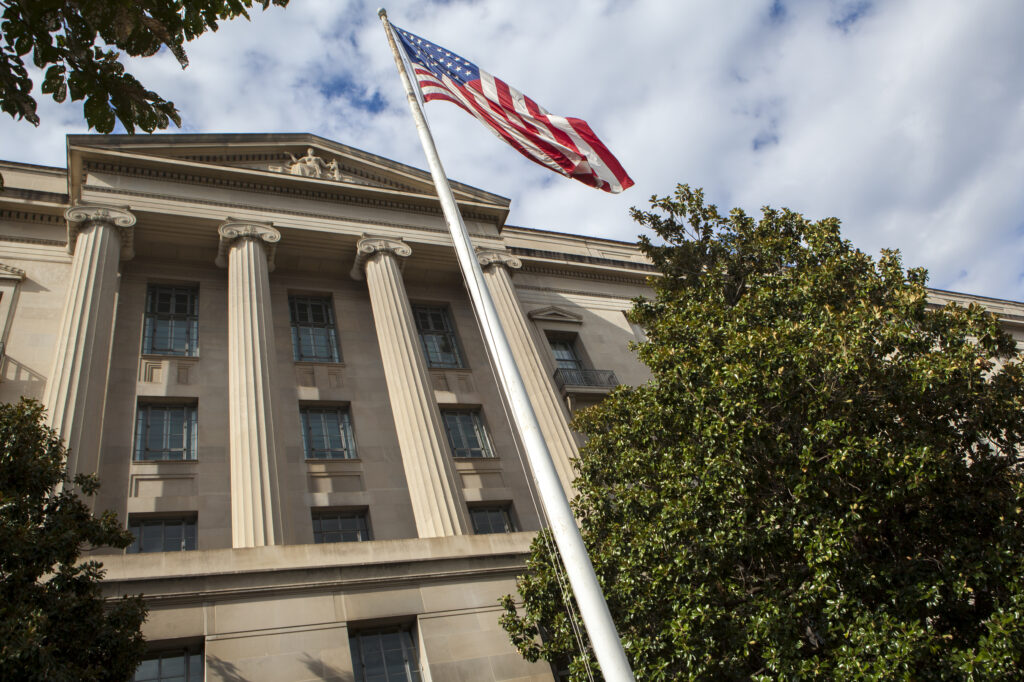For more than 30 years, the Department of Justice (DOJ) has largely declined to take action against frivolous litigation under the False Claims Act (FCA)—but that’s starting to change.
The FCA imposes liability on persons who knowingly submit false claims seeking government funds, and allows “relators” to file qui tam FCA suits on the government’s behalf. When Congress gave the FCA an update in 1986, they authorized DOJ to ask for the dismissal of meritless qui tam cases. In theory, that should have kept meritless suits at bay. Instead businesses have been subject to a wave of such suits, many of which companies have been obliged to settle rather than spend a fortune defending, regardless of the merits. One of the primary reasons for this wave is that DOJ neglected to use the ‘gatekeeper’ power that Congress granted it.
But thanks to an internal January memo (the ‘Granston Memo’) from the Director of DOJ’s Commercial Litigation Branch, Michael Granston, the Department finally seems to be picking up the slack. One of the strongest pieces of evidence for this change lies in the Department’s June motion for dismissal in Maldonado v. Ball Homes.
Ramon Maldonado, the FCA relator in this case, filed an action against Ball Homes and several other parties, alleging that they had submitted falsified documents to obtain federally-backed loans. DOJ disagreed, declining to intervene in the action and filing a motion for dismissal. This is important for two reasons:
1. Historically, a decision by the government not to participate in an FCA suit was often enough to get a relator to drop the case. However, in recent years, relators have tended to proceed regardless, often creating what DOJ has called “bad FCA law.”
2. It is unusual for the U.S. government to file a motion for dismissal without first intervening in a case.
Maldonado demonstrates that the Granston Memo is having a tangible impact. The DOJ has recognized that tacit disapproval is not enough to prevent meritless qui tam suits from going forward, and has started to use its authority proactively in seeking dismissal of these cases despite relator’s objections. Moving forward, we are hopeful that the high tide of FCA filings will recede as DOJ continues to exercise this authority.



